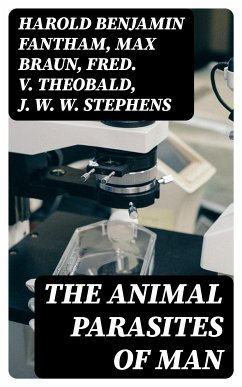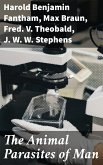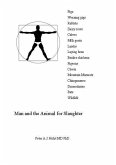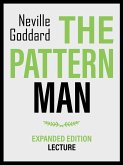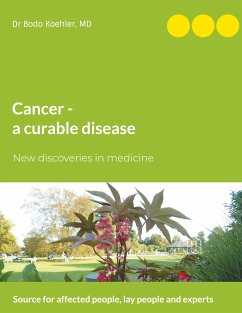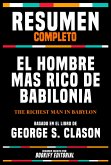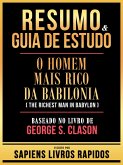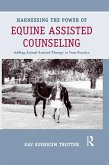The anthology, *The Animal Parasites of Man*, serves as an intricate exploration of the myriad ways in which parasitic organisms influence human health and biology. Through an impressive array of scholarly essays and treatises, this collection illuminates the complex interplay between humans and their microscopic adversaries across time. Each piece within this volume presents a unique narrative, combining scientific inquiry with historical contexts and cultural perceptions of parasitism. The diversity of literary styles-from rigorous scientific analysis to culturally rich anecdotes-ensures a comprehensive understanding that appeals to both the scientifically curious and the academically inclined. This collection is a testament to the erudition and collaborative spirit of its contributing authors, Harold Benjamin Fantham, Max Braun, Fred. V. Theobald, and J. W. W. Stephens. These scholars, renowned for their work in parasitology and related fields, bring together diverse intellectual perspectives that echo the evolutionary and cultural shifts within our understanding of human-parasite interactions. As pioneers in their respective domains, they capture the essence of their time while aligning the anthology with the broader movements in early twentieth-century science and medicine. For readers seeking to deepen their appreciation of parasitism and its implications, *The Animal Parasites of Man* offers an invaluable tapestry of insights. The anthology not only provides an educational journey through a spectrum of scientific and historical themes but also fosters a meaningful dialogue among its diverse voices. Within the pages of this volume, readers will discover a rare opportunity to engage with the multifaceted challenges and revelations of parasitology, underscoring the broader human quest for knowledge and understanding of the natural world.
Dieser Download kann aus rechtlichen Gründen nur mit Rechnungsadresse in A, B, BG, CY, CZ, D, DK, EW, FIN, F, GR, H, IRL, I, LT, L, LR, M, NL, PL, P, R, S, SLO, SK ausgeliefert werden.

